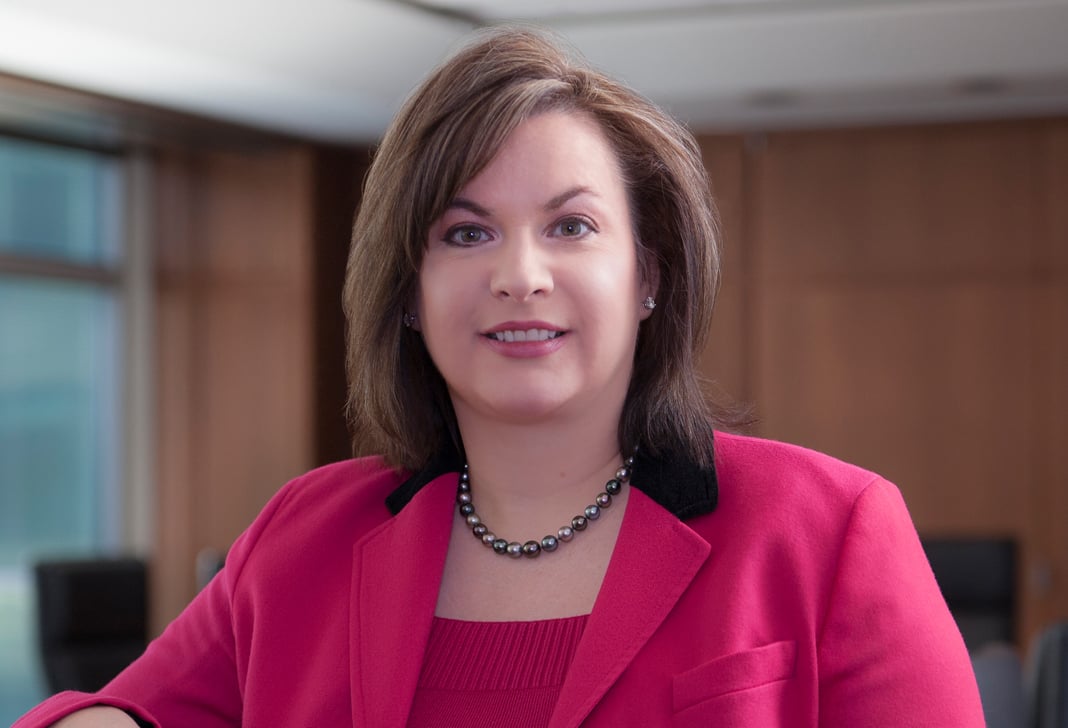
SPAC Year in Review and 2022 Outlook
IPOs for special purpose acquisition companies ("SPACs") got off to a blistering start in 2021, with more IPOs closing in the first quarter than in all of 2020 (which had been the most active year for SPAC IPOs in history). However, SPAC IPO volume declined precipitously in the second quarter of 2021 due to enhanced SEC scrutiny, a wave of private lawsuits against SPAC participants, and tightening of the private investment in public equity, or PIPE, market, and it remained tepid through year-end. SPACs that completed business combinations also significantly underperformed the broader market in 2021, prompting further calls for increased investor protection regulation and legislation.
Nevertheless, hundreds of SPACs continue searching for targets, and in light of customary two-year deadlines, many will need to "de-SPAC" (i.e., enter business combinations with a private company) in 2022. SPAC IPO activity may rebound to some extent in 2022, following anticipated SEC SPAC-related disclosure rules, which could provide much-needed clarity for potential SPAC sponsors and their advisors. Accordingly, we expect 2022 to be a transitional period for SPACs, with deal volume unlikely to return to peak levels.
Enhanced Regulatory Scrutiny
In various public statements beginning in March 2021, the SEC expressed concern about several issues related to SPACs, including: (i) potential conflicts of interest between SPAC sponsors and public shareholders; (ii) the compensation paid to SPAC underwriters; (iii) the accuracy of disclosures about target companies' businesses and operations; (iv) the level of target company due diligence conducted by transaction parties; and (v) the accounting treatment for SPAC warrants. In June, the SEC included SPACs on its list of 2022 proposed rulemaking topics. These statements appear to have been designed to inform retail investors about the potential dangers of SPAC investments, and to warn SPAC sponsors and targets about potential liability for false or misleading statements or omissions in connection with de-SPAC transactions.
The SEC also put the market on notice that it would not hesitate to take enforcement action against SPAC participants, commencing two suits alleging violations of federal securities laws in July 2021. In one such suit, the charges resulted in civil penalties exceeding $8 million and the forfeiture of certain "founders shares." Charges against another company created through a de-SPAC transaction resulted in a civil penalty of $125 million shortly before year end.
Private Civil Litigation
The plaintiffs' bar also devoted increased attention to SPACs in 2021, filing dozens of state and federal lawsuits related to de-SPAC transactions, including: (i) pre-closing suits seeking additional transaction disclosures; (ii) post-closing suits alleging violations of federal securities laws in connection with false or misleading statements about the target's business or operations; (iii) post-closing shareholder derivative actions mimicking the corresponding federal securities allegations; and (iv) post-closing suits in the Delaware Court of Chancery seeking to reopen the redemption period for SPAC investors. Separately, one investor filed lawsuits against three SPACs asserting that each was an investment company subject to the Investment Company Act of 1940.
Most of these lawsuits remain in their infancy, with very few decisions addressing the shareholders' claims. The first significant decision in a Delaware redemption action was issued on January 3, 2022, and it allowed most of the investor-plaintiffs' claims against the SPAC's sponsor, officers, and directors to proceed. Adverse rulings in the other types of SPAC lawsuits (including those alleging violations of the federal securities laws and Investment Company Act) could further chill the SPAC IPO market.
2022 SPAC Market Outlook
While SPAC IPO volume has declined from its first quarter of 2021 peak, volume remains elevated compared to pre-2020 levels, and hundreds of already public SPACs are searching for acquisition targets going into 2022. As sponsors await SEC guidance on new disclosure rules and potential federal legislation designed to protect retail investors, we expect the SPAC IPO market to remain subdued, but we believe that 2022 will be another active year for de-SPAC transactions. Litigation and regulatory enforcement risks for SPACs will remain elevated in 2022, at least until courts begin to address novel theories advanced by investors in 2021.
Read the full 2021 Transactional Year in Review and 2022 Forecast.


















